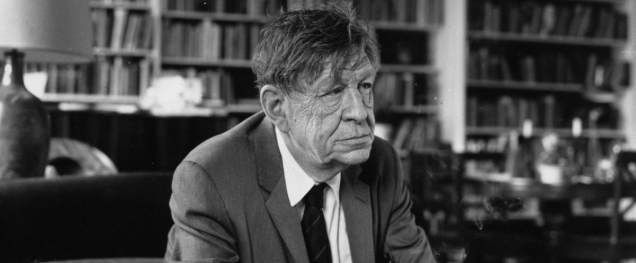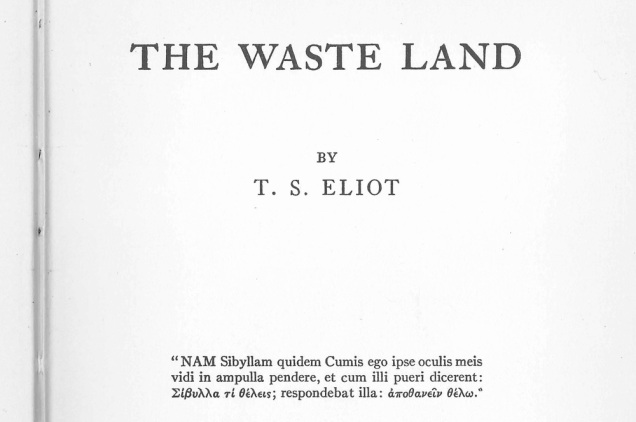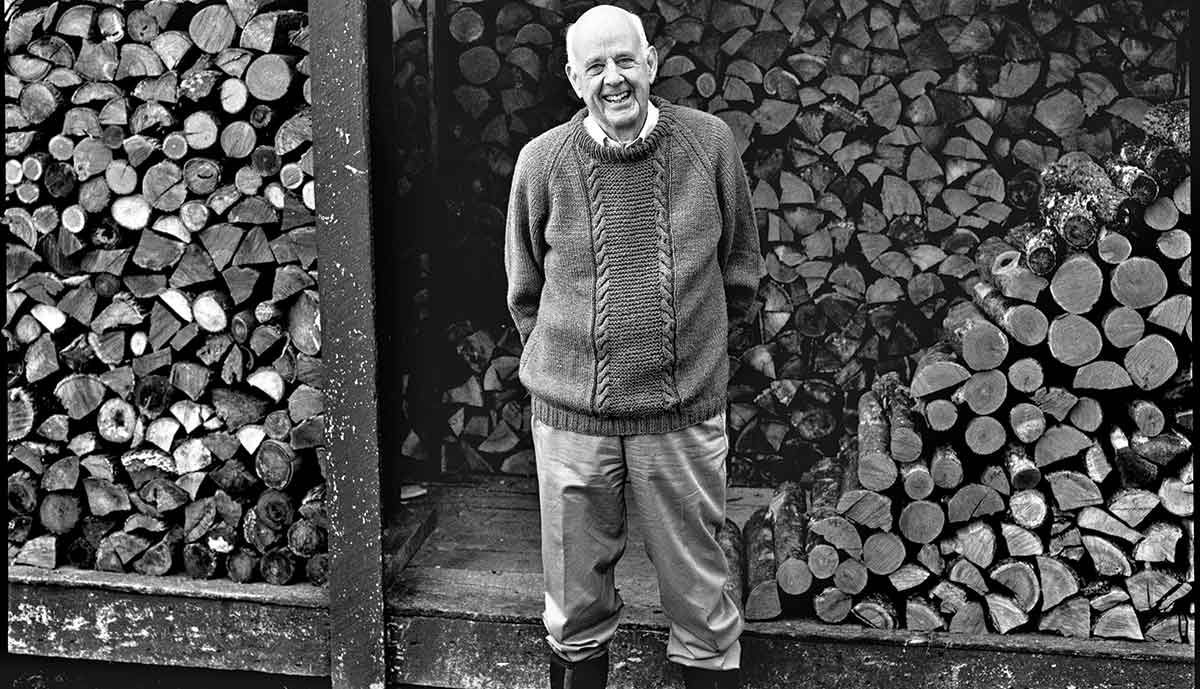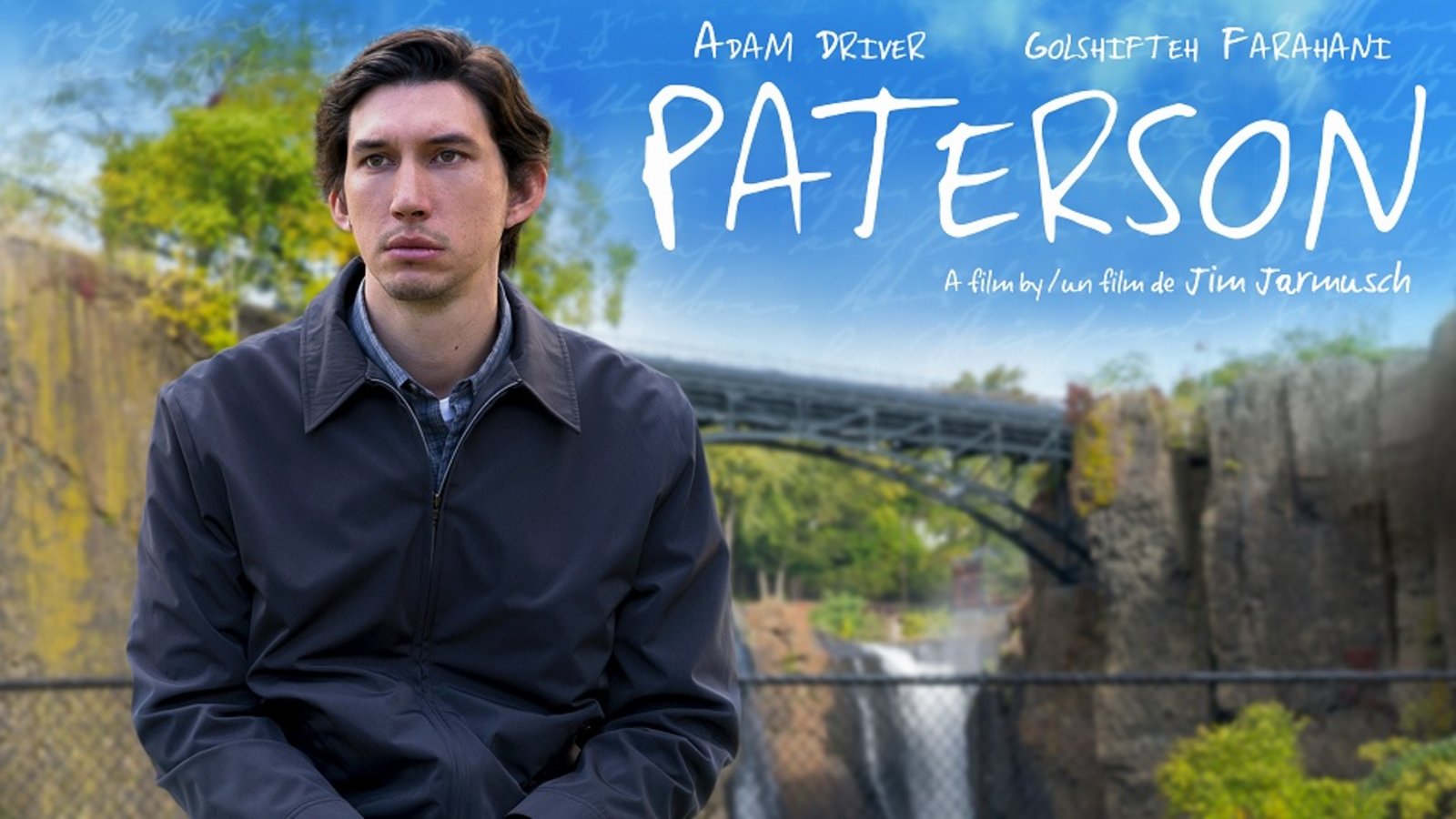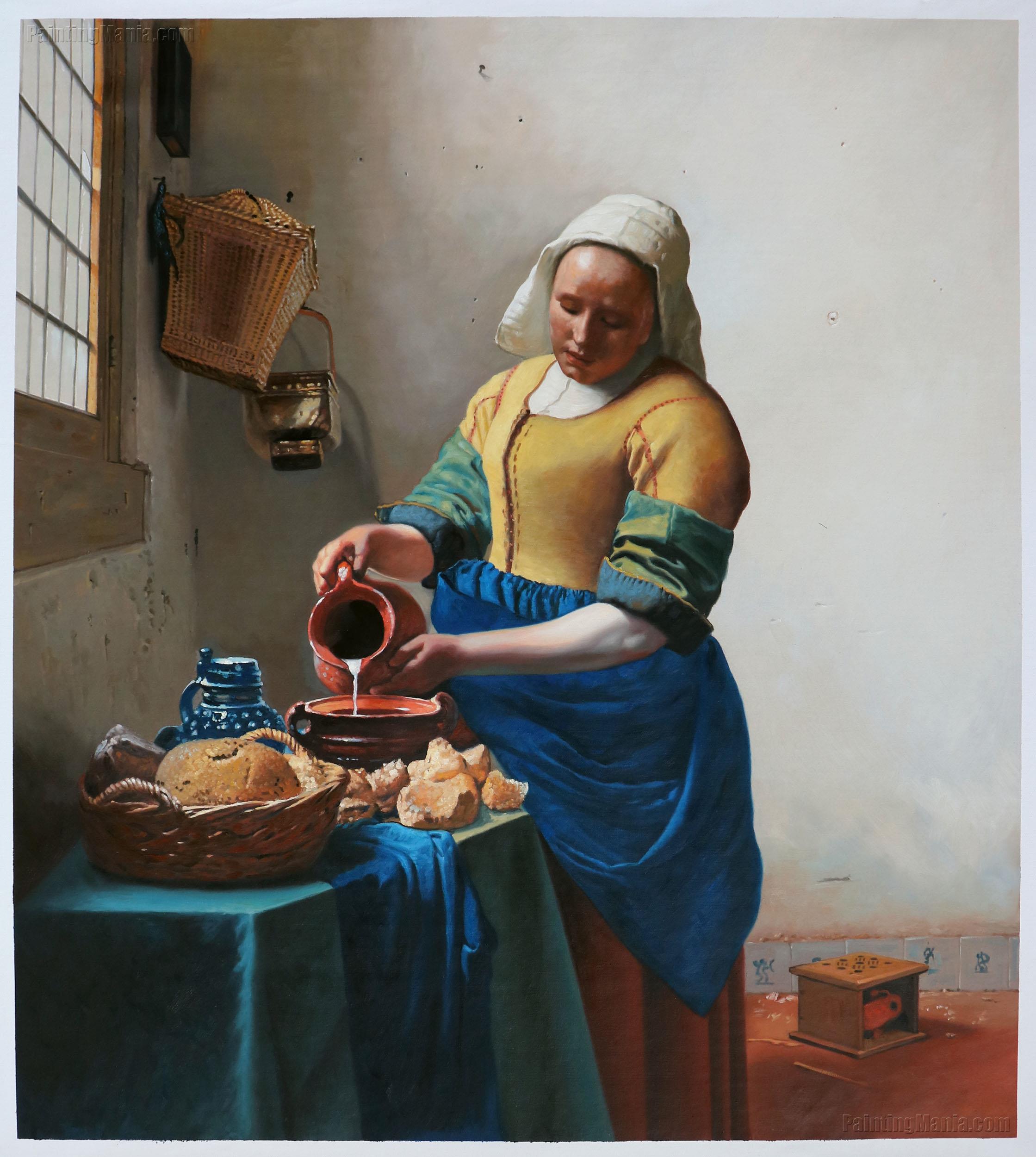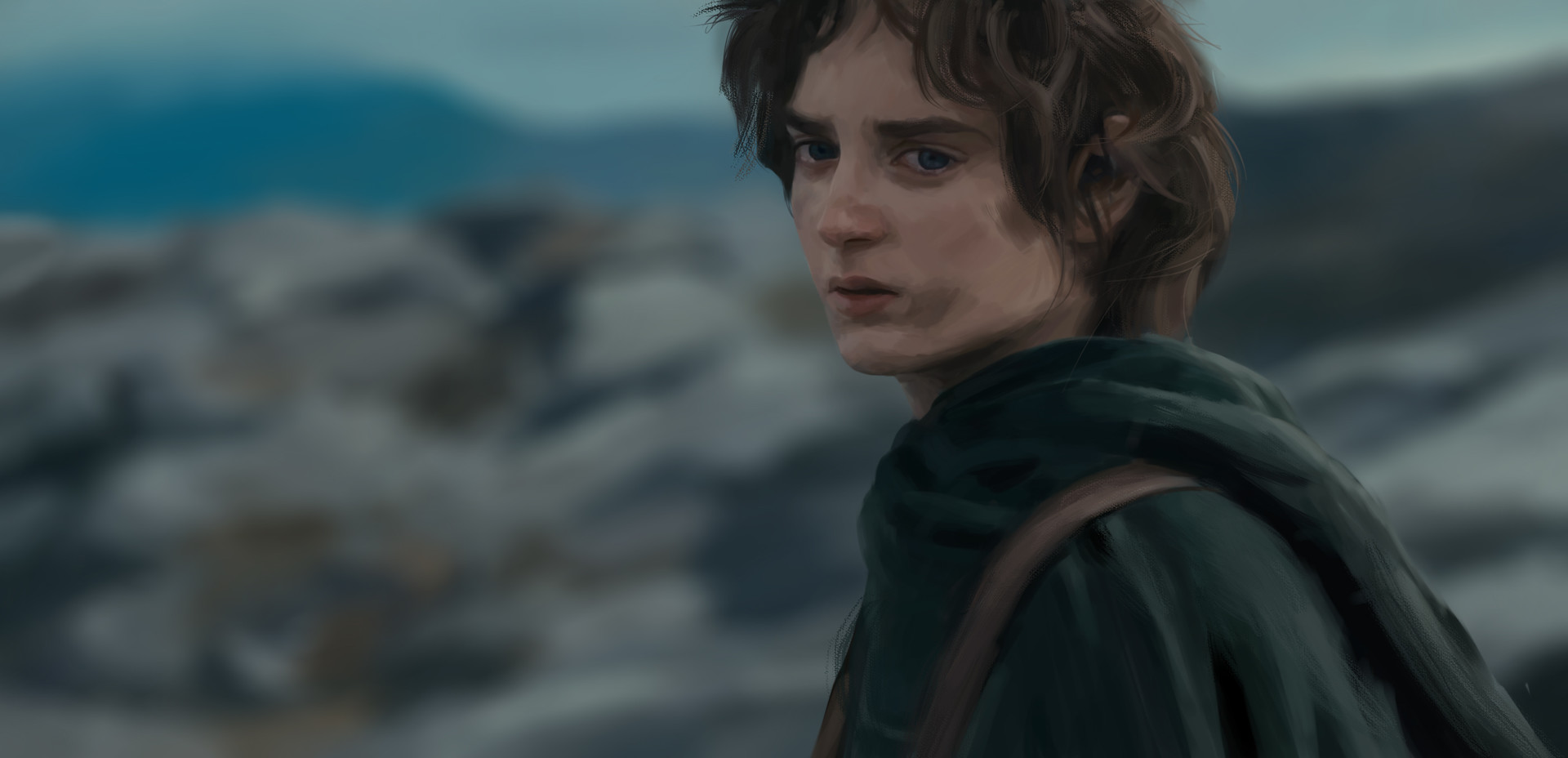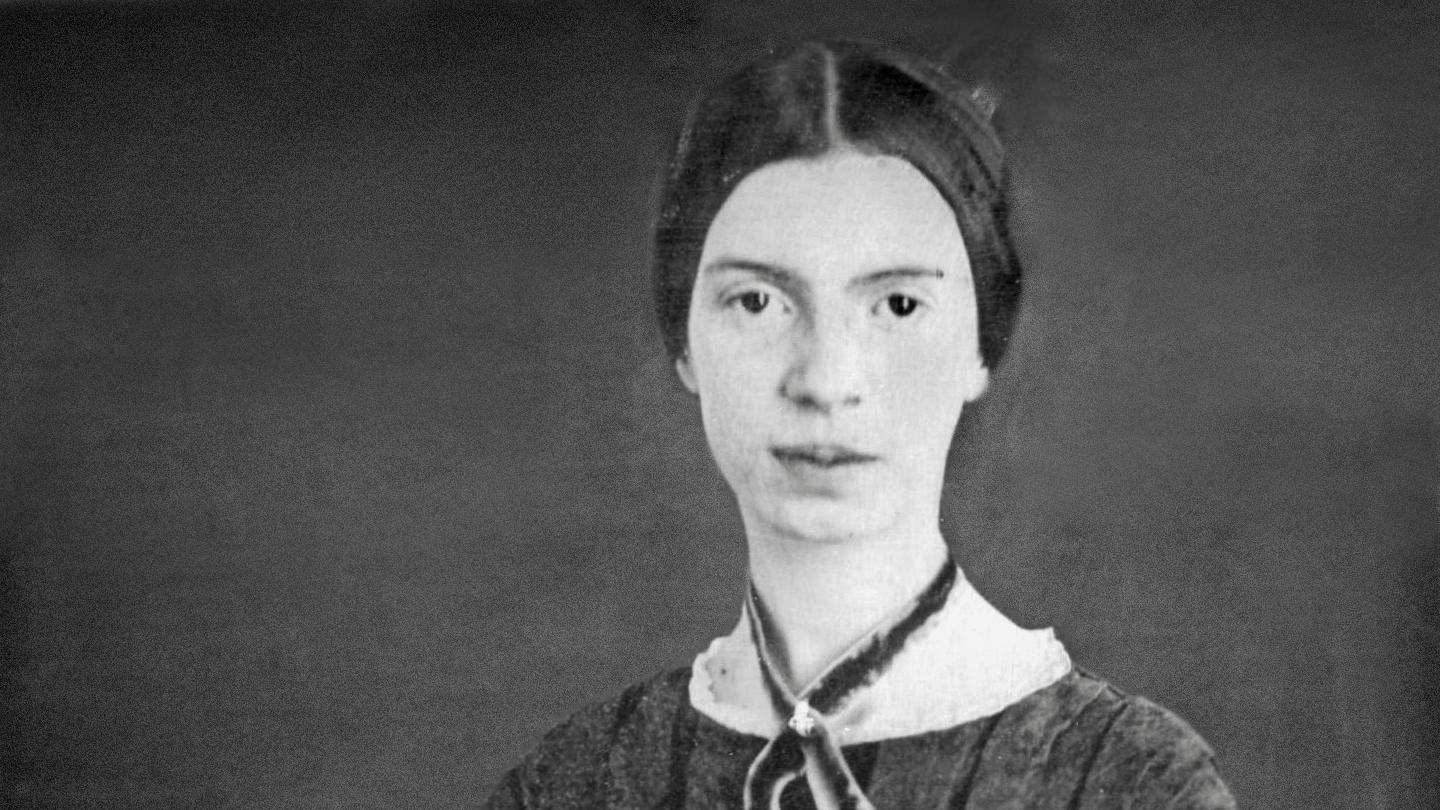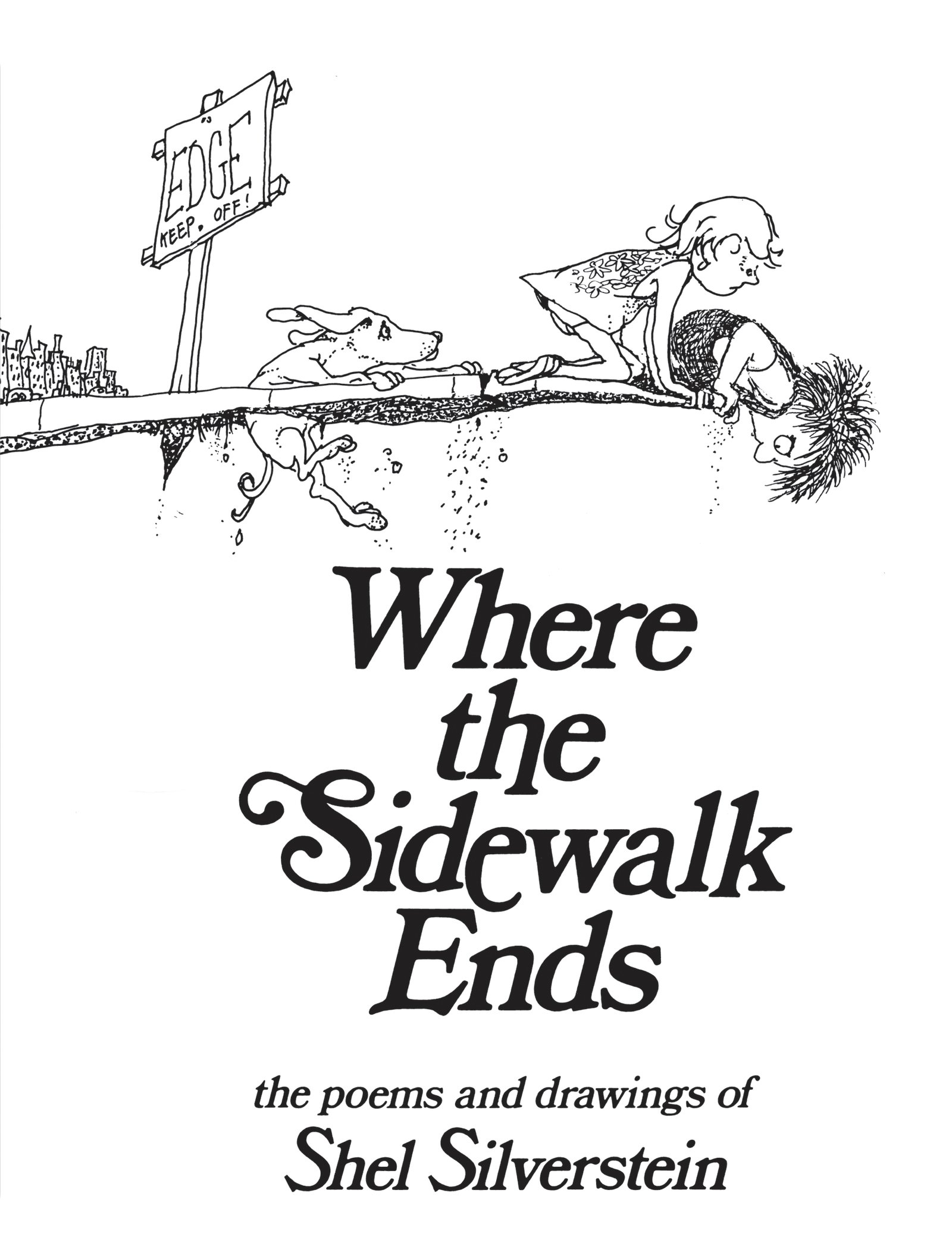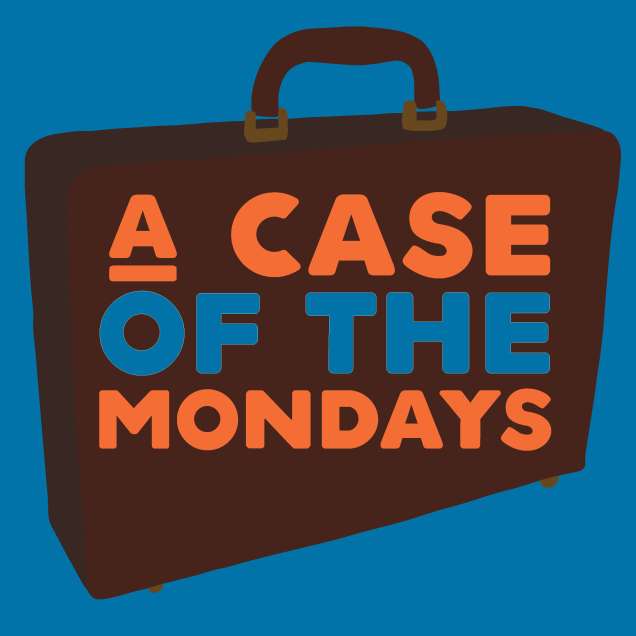
I hated Mondays slightly more than other days when I worked at the bank. They were always frantic and everyone was running around and the more some ran around frantic, the more others did too. You’ve seen it, too.
But it wasn’t just the bank. Everywhere seemed to burst into a frenzy after the weekend. And I did not like it. But I was always trying to get perspective. At least I had a job. We never missed a meal. And you’ve felt that, also.
We were healthy.
While we lived in Greenwood, Lori, a friend of ours was diagnosed with cancer. I remember that on one particular eventful day – maybe the day of surgery, I cannot remember exactly but I do remember that it was a day that held the possibility of dread and fear – she woke up, sat up in bed and quoted from Psalm 118, “This is the day the Lord has made, I will rejoice and be glad in it.”
“Poetry is the revelation of a feeling that the poet believes to be interior and personal which the reader recognizes as his own.” – Salvatore Quasimodo
That took something, I have always wanted. On hard days, Bethany and I quote this to each other. Keep in mind that what we call a “verse” is a line from an ancient poem written by someone from a very different culture. And yet what he wrote we all “get.” We want to look at even the hard days and see them as something to rejoice. We get that. If poetry does anything well, it has the ability to reflect back what we recognize within us and sometimes around us.
The following poem is a result of Lori’s confidence and my desire to acquire that confidence.
“This is the day”
You have made –
a Monday –
a day of full inboxes
and frantic bosses –
and car repairs
we cannot afford
regardless of cost –
a day with a child’s fever
and sales goals –
a day of projects rushed
and turned into teacher –
a day of prayer for mercy
and simple graces –
a day to rejoice in –
a day he has made
and I’ll be glad in it –
at least I’ll try.
